
Come- Travel with me: Ten Droplets
¥18.86
Come- Travel with me: Ten Droplets
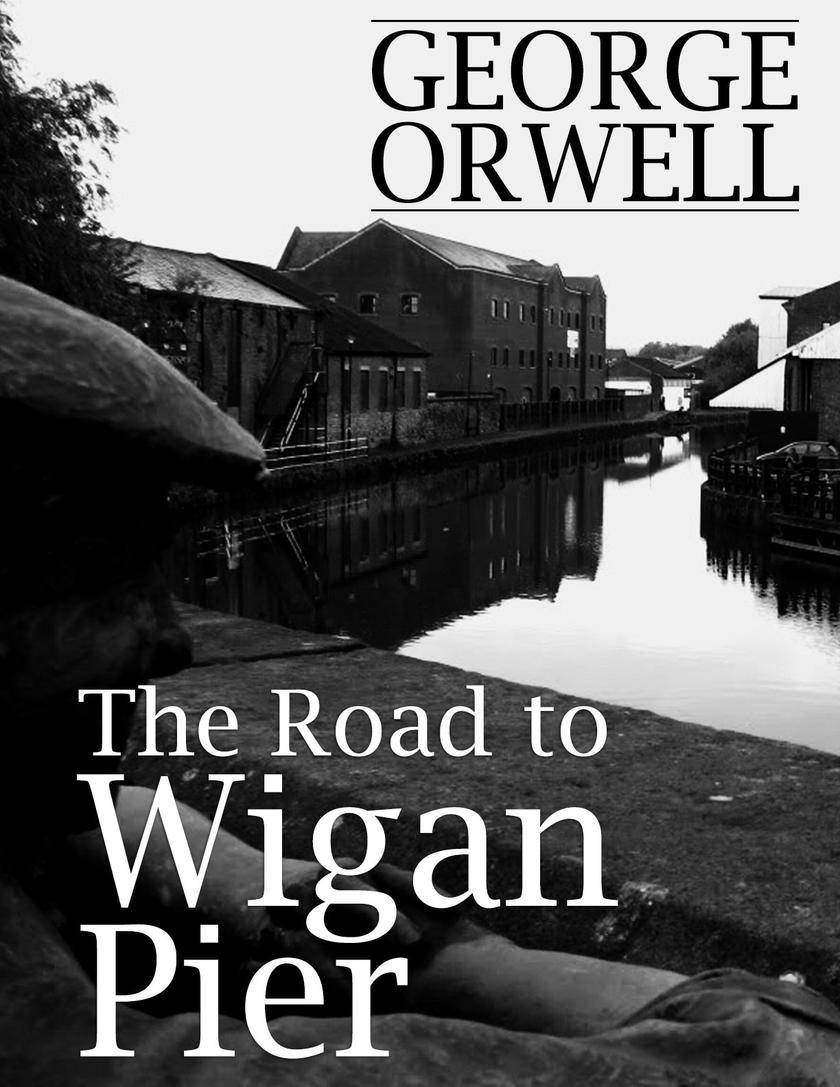
The Road to Wigan Pier
¥18.88
The Road to Wigan Pier
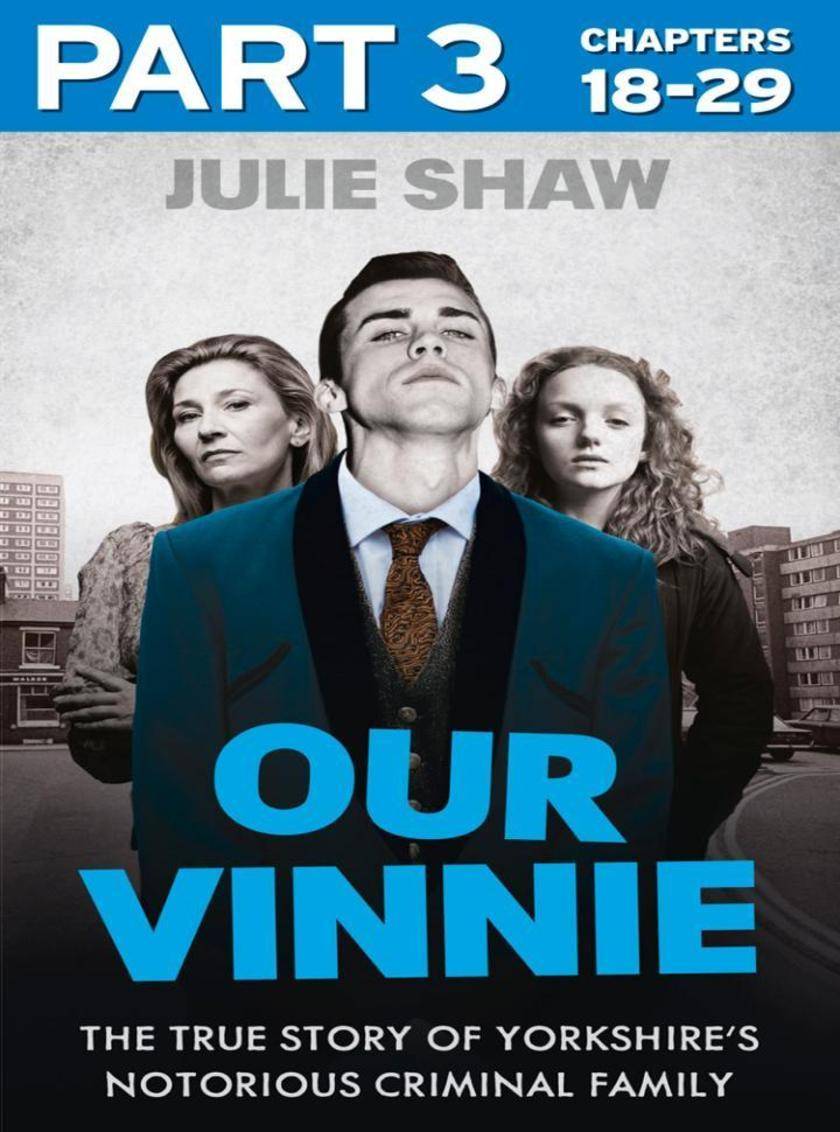
Our Vinnie - Part 3 of 3
¥18.93
Our Vinnie can either be read as a full-length eBook or in 3 serialised eBook-only parts. This is PART 3 of 3. You can read Part 3 one week ahead of the full-length eBook and paperback. The infamous Canterbury Estate in Bradford, a hotbed of crime, drink and drugs, was a law unto itself in the ’70s. So when one of their own was wronged in any way, the community always had its own way of dealing with it. The first title in a series of gritty family sagas, Our Vinnie accounts the dramatic true story of a brother’s determination to avenge his younger sister’s rape. Josie was just 11 when her Vinnie, then 14, was taken away to a detention centre. Distraught by his absence and left alone with indifferent parents, when she escapes from one of their rows she naively enters the house of a neighbour, Melvin, who – horrifically – leads her upstairs and overpowers her. Convinced by her friend Carol, Josie tells her sister Lyndsey about the rape but, with Vinnie out of the picture, Lyndsey uses the information for her own ends. When Vinnie returns, hardened by years inside the system, his outrage on discovering the truth is severe. And with new abuses continually coming to light, a cataclysmic series of violent events begins to spiral out of control… Dramatic and shocking, Our Vinnie is an unbelievable page-turner, documenting a community forsaken by society, and one brother’s unrelenting determination to take justice into his own hands.

My Mam Shirley - Part 3 of 3
¥18.93
My Mam Shirley can either be read as a full-length eBook or in 3 serialised eBook-only parts. This is PART 3 of 3. You can read Part 3 one week ahead of the full-length eBook and paperback.
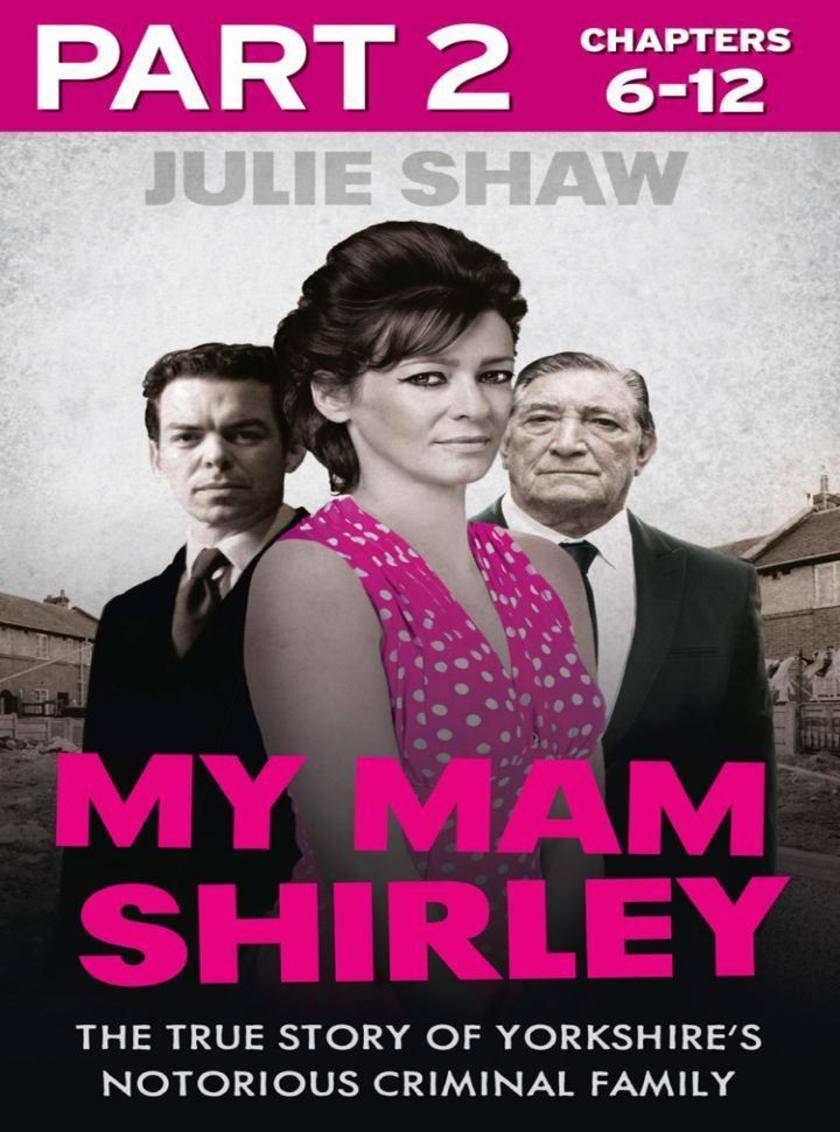
My Mam Shirley - Part 2 of 3
¥18.93
My Mam Shirley can either be read as a full-length eBook or in 3 serialised eBook-only parts. This is PART 2 of 3. You can read Part 2 two weeks ahead of release of the full-length eBook and paperback.

A Dog With A Destiny:Smoky
¥18.93
An inspiring and heart-warming short story of canine devotion and bravery. Smoky, a baseball-size mass of brown fur, was found in a foxhole in the depths of the New Guinea jungle in the middle of the Second World War. The soldier who found her took the Yorkshire Terrier pup back to base and sold her to Bill, the US serviceman who would adopt her, for three Australian dollars. It was the start of a partnership that saw Smoky save US war plans and ground crew from bombings and bring a life line to stranded men when she laid phone lines through pipes under the runway. Extracted from the bestselling title Beyond The Call Of Duty, this is the story of a remarkable little dog who saw no boundaries. She stayed at Bill’s side throughout the action and to the end of the war.
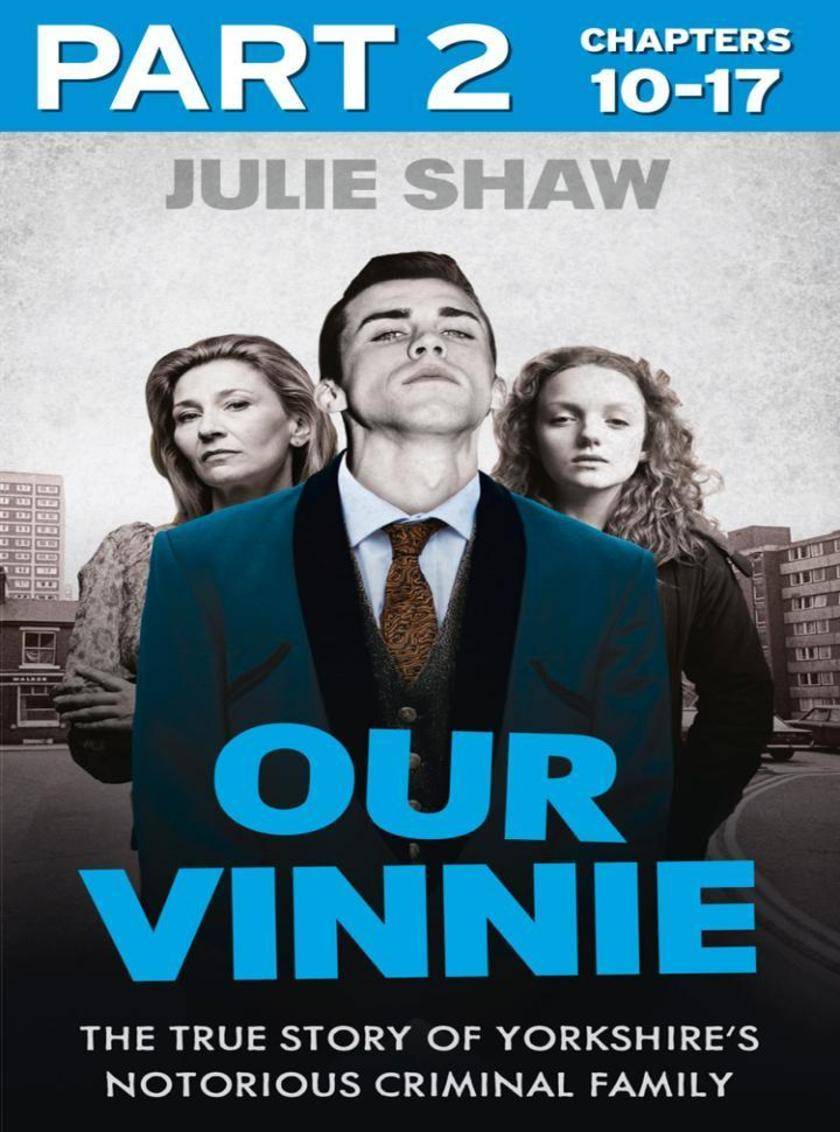
Our Vinnie - Part 2 of 3
¥18.93
Our Vinnie can either be read as a full-length eBook or in 3 serialised eBook-only parts. This is PART 2 of 3. You can read Part 2 two weeks ahead of release of the full-length eBook and paperback. The infamous Canterbury Estate in Bradford, a hotbed of crime, drink and drugs, was a law unto itself in the ’70s. So when one of their own was wronged in any way, the community always had its own way of dealing with it. The first title in a series of gritty family sagas, Our Vinnie accounts the dramatic true story of a brother’s determination to avenge his younger sister’s rape. Josie was just 11 when her Vinnie, then 14, was taken away to a detention centre. Distraught by his absence and left alone with indifferent parents, when she escapes from one of their rows she naively enters the house of a neighbour, Melvin, who – horrifically – leads her upstairs and overpowers her. Convinced by her friend Carol, Josie tells her sister Lyndsey about the rape but, with Vinnie out of the picture, Lyndsey uses the information for her own ends. When Vinnie returns, hardened by years inside the system, his outrage on discovering the truth is severe. And with new abuses continually coming to light, a cataclysmic series of violent events begins to spiral out of control… Dramatic and shocking, Our Vinnie is an unbelievable page-turner, documenting a community forsaken by society, and one brother’s unrelenting determination to take justice into his own hands.
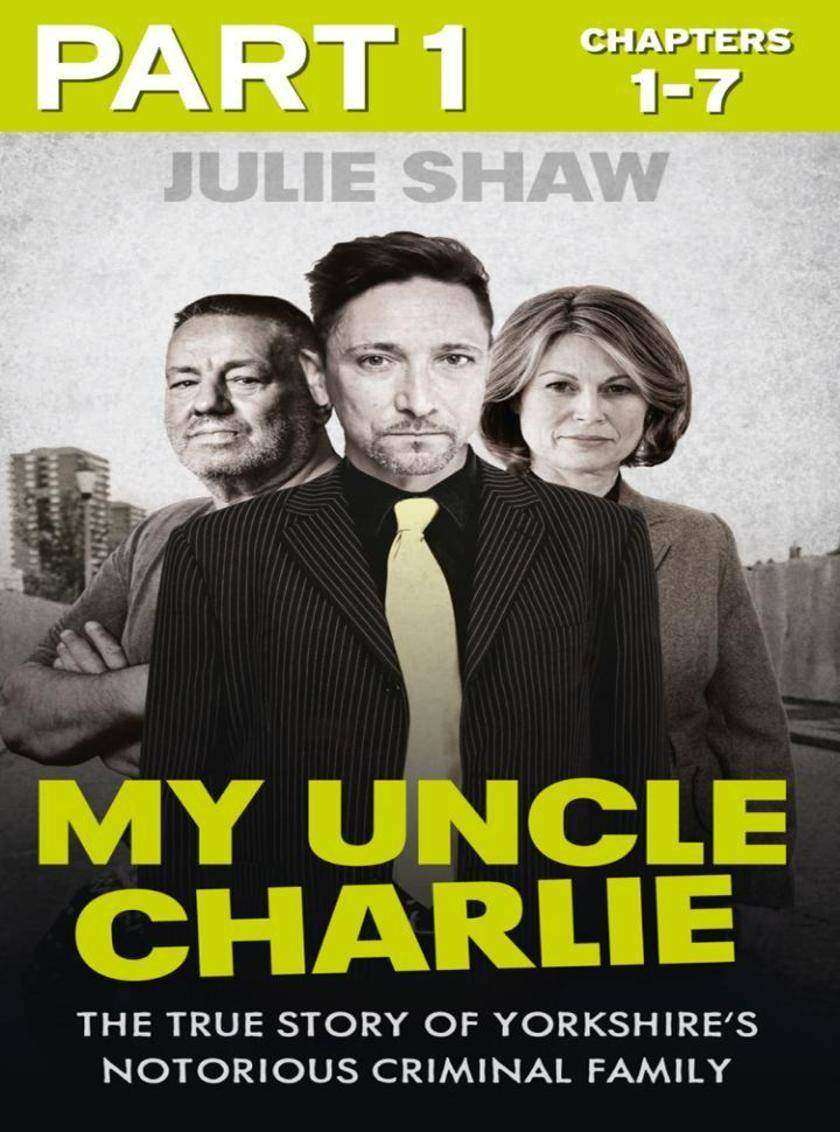
My Uncle Charlie - Part 1 of 3
¥18.93
My Uncle Charlie can either be read as a full-length eBook or in 3 serialised eBook-only parts. This is PART 1 of 3. You can read Part 1 three weeks ahead of release of the full-length eBook and paperback. If you lived on the notorious Canterbury Estate in the ‘40s and ‘50s, then you knew there was one man you did not want to cross: Charlie Hudson. A solitary man, feared and respected by the gangsters of the time, Charlie was a boxer who never lost a fight, in or out of the ring – the most infamous of The Canterbury Warriors. My Uncle Charlie, the second title in the explosive series unravels a story of debauchery, crime and self-destruction. Charlie Hudson was a born leader. The eldest of eight brothers and four sisters and with a boxer for a father, fighting was in his blood. And as the young protégé of local Italian gangster, Mr Cappovanni, Charlie not only learned to knock every opponent out, he also learned the tools of the crime and extortion trade well; emerging into adulthood in the middle of the war years as a natural heir: running cons, illegal books and a band of prostitutes. But when Charlie met Betty, a sweet, caring girl, he was determined to be a better man for her. He’d still deal with ‘business’ but no more would he bed his working girls, and the birth of their baby girl, Elizabeth, sealed it: he knew life could not get any better. But for a man who had only ever lived in the belly of the Canterbury Estate underworld, it could definitely get worse… Gritty and engrossing, book two of the Hudson family saga delves deeper into history of the infamous Canterbury Warriors; the true story of one man’s ascendancy to power, and the tragedy that brought it all crashing down.
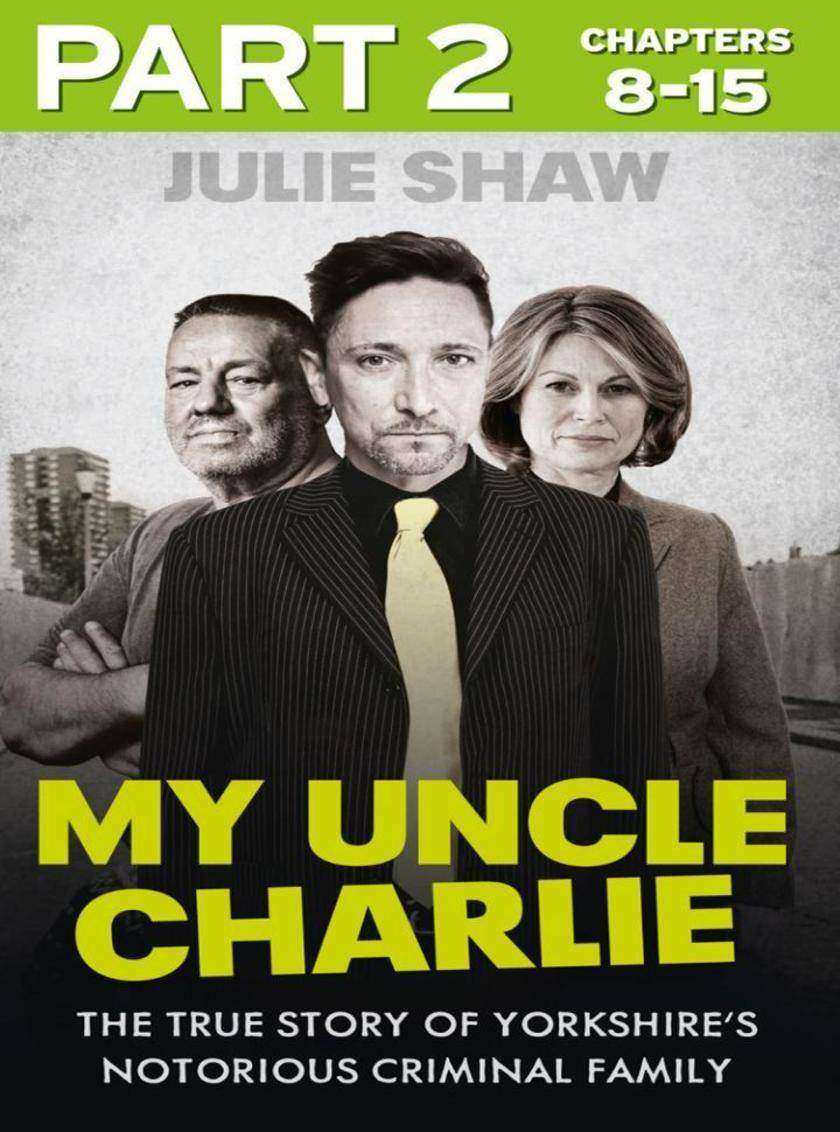
My Uncle Charlie - Part 2 of 3
¥18.93
My Uncle Charlie can either be read as a full-length eBook or in 3 serialised eBook-only parts. This is PART 2 of 3. You can read Part 2 two weeks ahead of release of the full-length eBook and paperback.
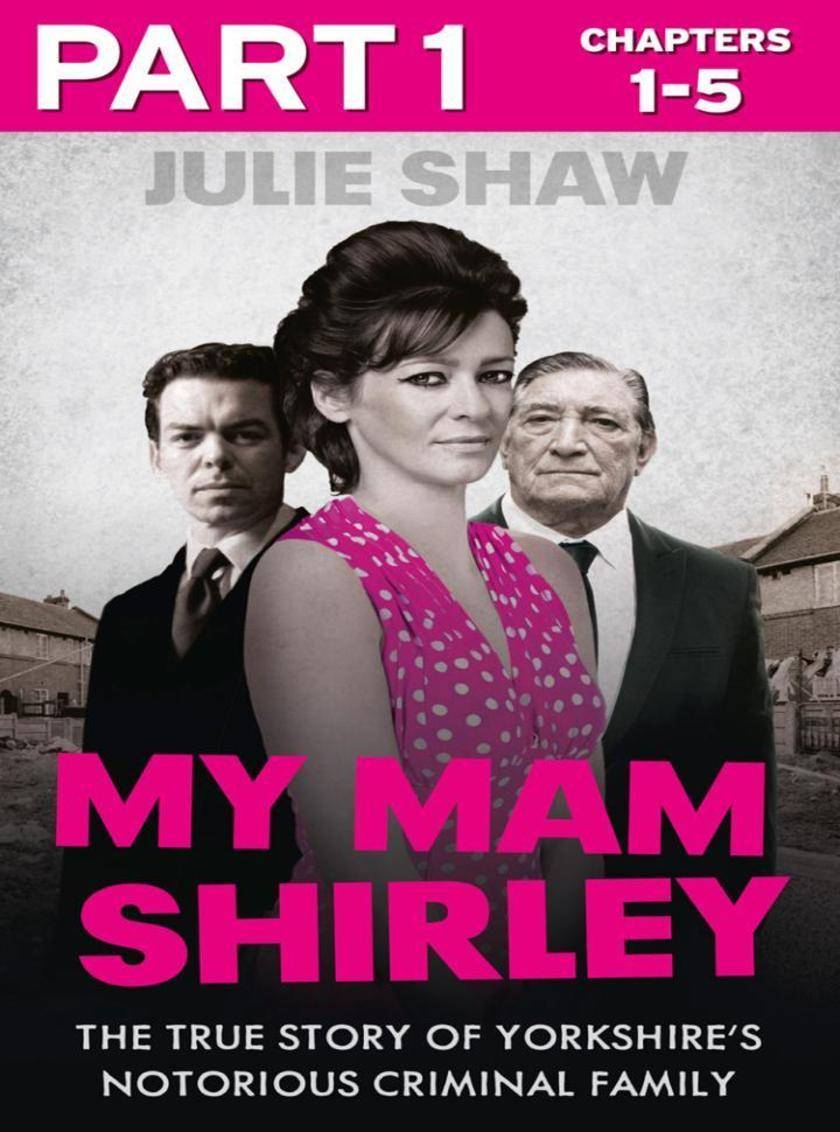
My Mam Shirley - Part 1 of 3
¥18.93
My Mam Shirley can either be read as a full-length eBook or in 3 serialised eBook-only parts. This is PART 1 of 3. You can read Part 1 three weeks ahead of release of the full-length eBook and paperback.
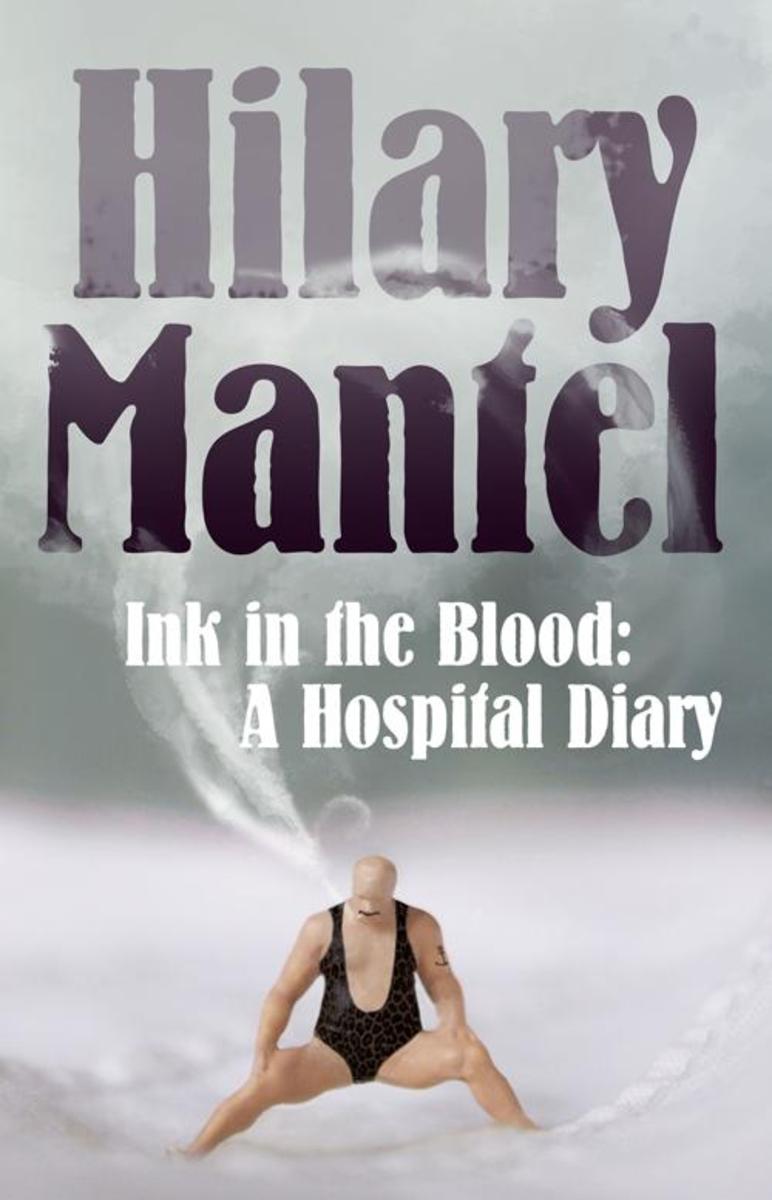
Ink in the Blood: A Hospital Diary
¥19.13
Just after ‘Bring Up the Bodies’ author Hilary Mantel won the Man Booker for ‘Wolf Hall’, she fell gravely ill. This is her remarkable hospital diary. Originally published in the London Review of Books, this diary by the acclaimed author Hilary Mantel explores in forensic detail her loss of dignity, her determination, the concentration of the senses into an animalistic struggle to get through, and the attendant hallucinations she was plagued by during her stay in hospital. With her health now improved, and the acknowledgement of the Man Booker prize-winning follow-up to ‘Wolf Hall’, ‘Bring Up the Bodies’ as one of our greatest works of fiction, ‘Ink in the Blood’ remains a significant testament to the traumas of illness, and one of the most incredible and haunting essays published in a very long time.

Hallgass anyádra!
¥19.13
Hallgass anyádra!

Kínos végrendelet
¥19.13
Kínos végrendelet

Szívhang 428. (Rendkívüli ajánlat)
¥19.13
Szívhang 428. (Rendkívüli ajánlat)
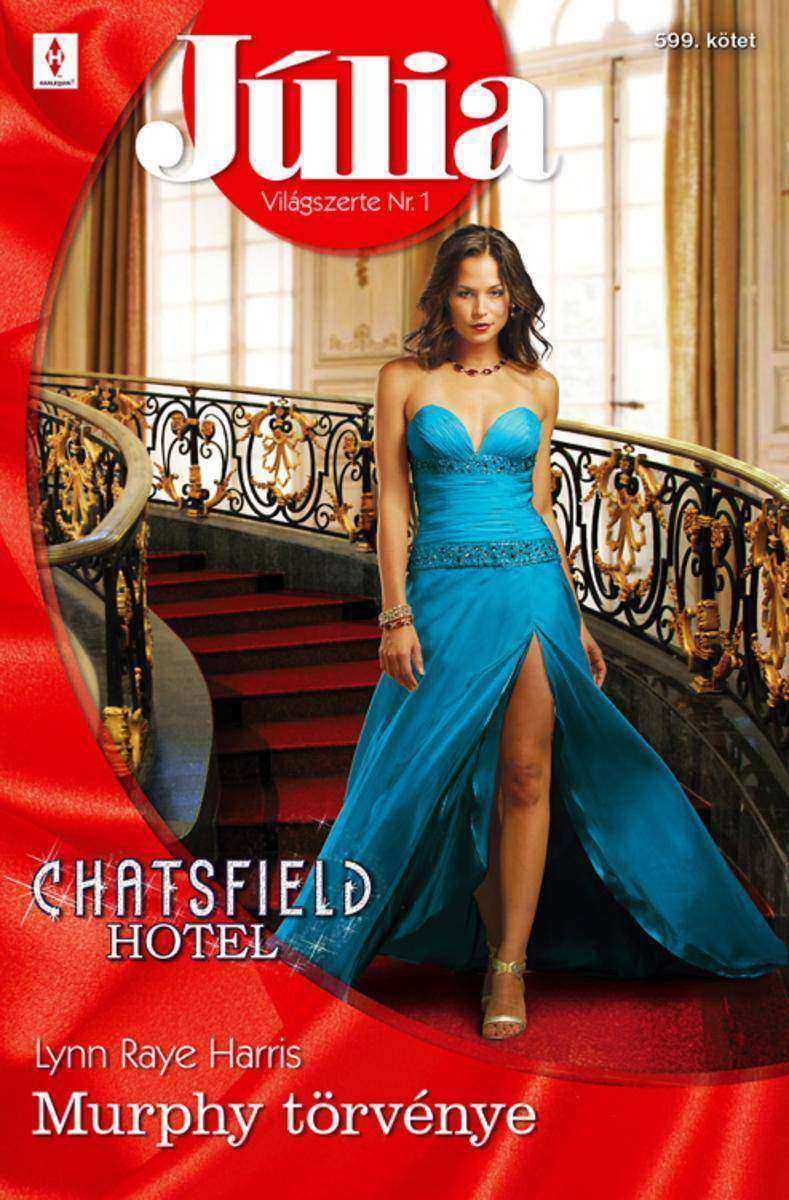
Murphy t?rvénye
¥19.13
Murphy t?rvénye

Júlia 579 (Kaland a kastélyszállóban)
¥19.13
Júlia 579 (Kaland a kastélyszállóban)
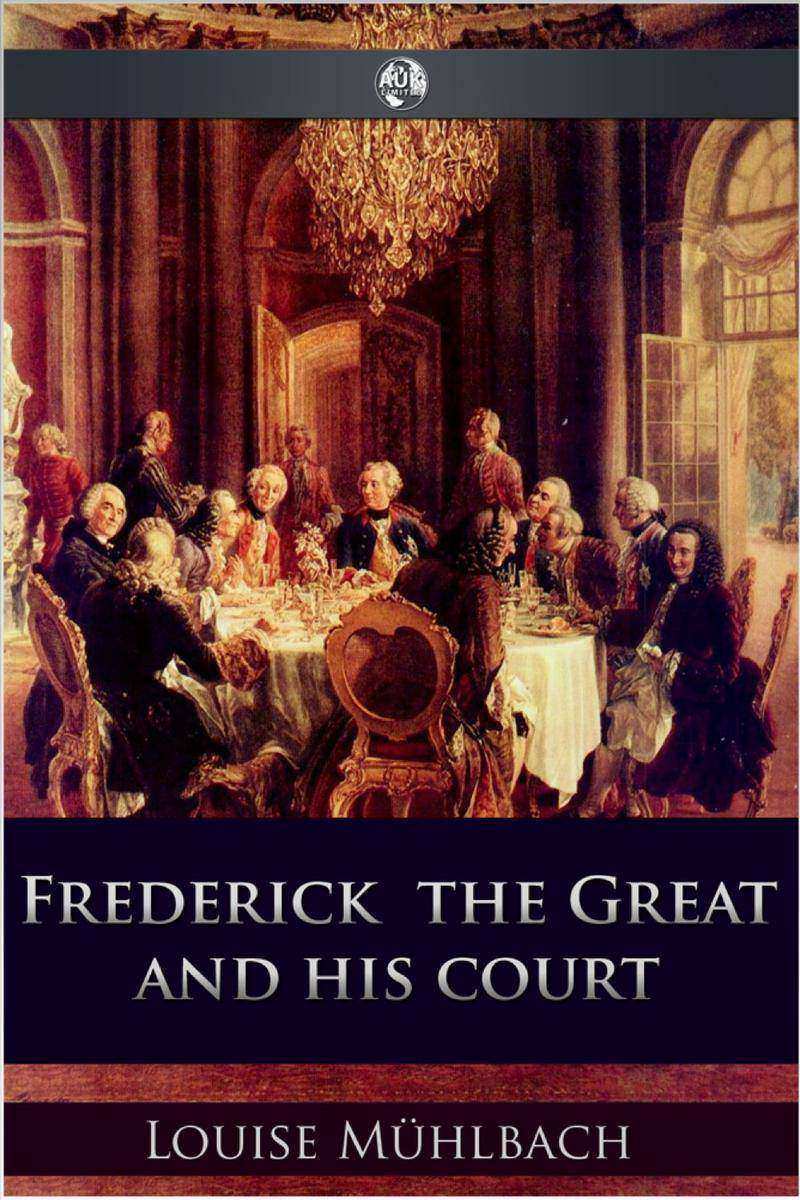
Frederick the Great and His Court
¥19.52
A fascinating look into the life of King Frederick II of Prussia (also prince-elector of the Holy Roman Empire Frederick IV of Brandenburg), and the members of his court.
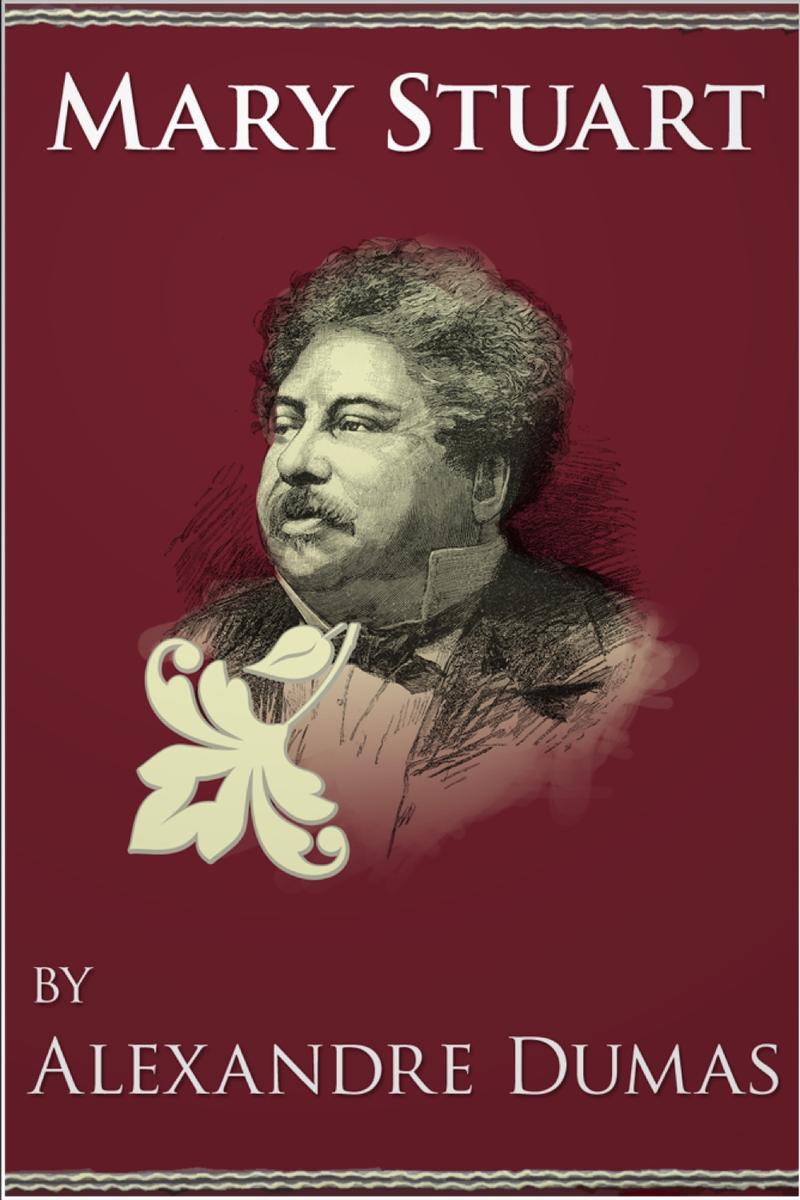
Mary Stuart
¥19.52
This text was taken from 'Celebrated Crimes', a series of essays on famous criminals and crimes by the author of 'The Count of Monte Cristo' and 'The Three Musketeers', Alexandre Dumas. This volume is on Mary Stuart, better known as Mary Queen of Scots.

History of the Telephone
¥19.52
First published in 1910, this book details the history of one of the most important inventions of the modern world: the telephone.
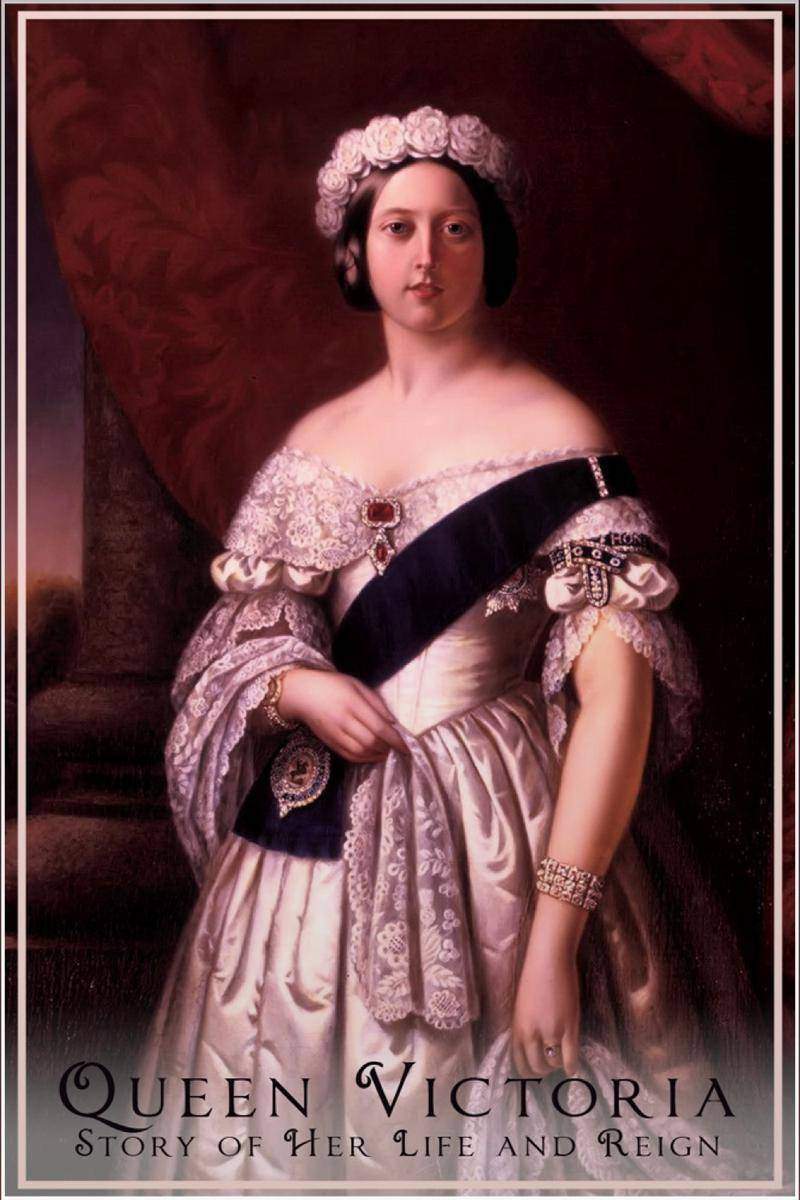
Queen Victoria - Her Life and Reign
¥19.52
A fantastic biography of Queen Victoria by an anonymous author.

Tears Within The Heart
¥19.52
Writings about the journey through life from a young adults life experiences.




 购物车
购物车 个人中心
个人中心



